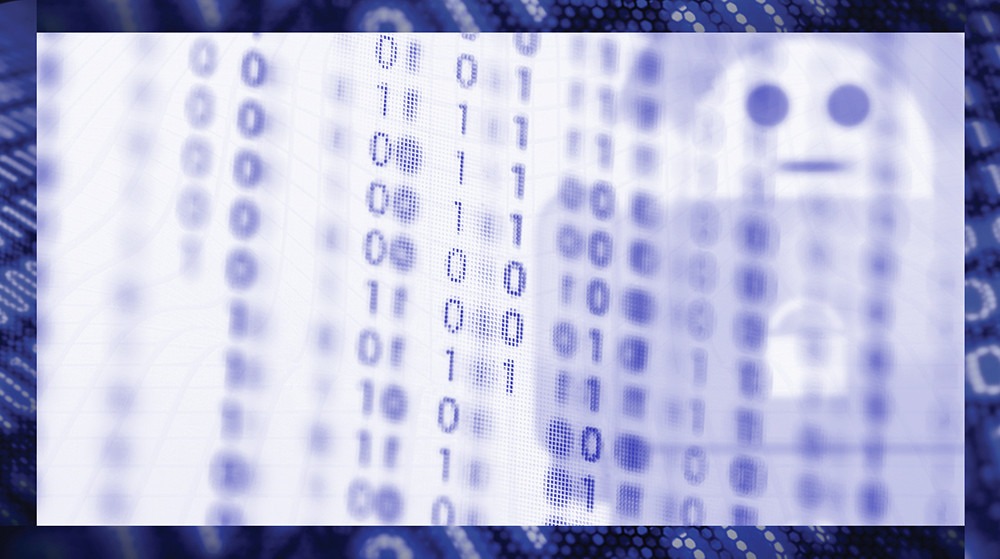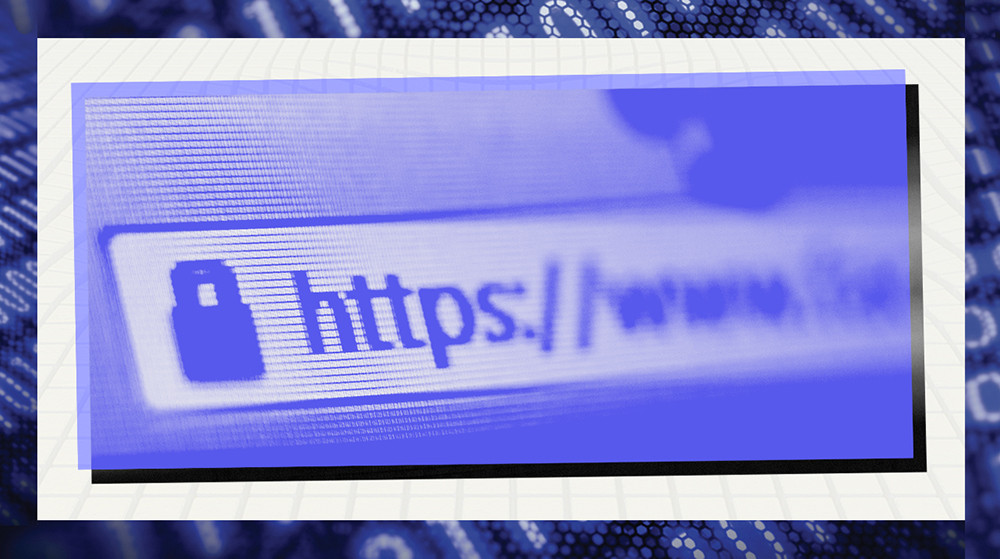
A Tech Gift Guide for the Savvy and Security-Conscious
November 27, 2020When it comes to holiday gift shopping, no category of purchasable goods offers quite as much promise as personal technology. It’s now a standard go-to. Don’t know what to get dad? How about some tech? He loves tech. Don’t we all? Well, sometimes. For as much convenience and life-enhancing gee-whizardy as technology can offer, it can just as easily introduce complexity—or worse, risks to our privacy or personal security. This gift guide offers a run-down of tech gifts for the already-savvy people in your life who care about security and privacy.
RFID-Blocking Wallets and Fabric
Think your credit cards and ID are safe from prying eyes when they're tucked away in your pocket? Not necessarily. Thanks to a form of wireless pickpocketing known as RFID skimming, nefarious third parties can use an RFID scanner to wirelessly pull data from the little radio frequency ID chips now found in many of our passports and credit cards. RFID-blocking wallets are a fashion-conscious approach to this wireless security conundrum. Using a special material designed to block such radio frequencies, these otherwise normal-looking wallets prevent any such data-skimming from taking place.
Not a wallet person? The same anti-RFID material can be found in fabric sold online, which can be used to hand-craft whatever privacy-conscious fashion accessory you can dream up.
Private Internet Access VPN
It may not have the most festive ring to it, but giving someone the gift of online anonymity and data encryption can wind up being the most priceless thing they receive all year. A VPN like the one offered by Private Internet Access will not only secure and anonymize their web-browsing activity—potentially sparing them the costly headache of unwanted eavesdropping and data leaks—but the IP cloaking feature of VPNs has more fun perks, like allowing users to access streaming movie libraries not normally available in their country. And yes, the anonymity is great for porn. Whether it’s used for entertainment or more buttoned-up professional purposes, the added layer of security offered by a top-shelf VPN like PIA’s is pretty much a must-have in our increasingly online modern lives, and they’re offering VICE readers two free months of service. at the link above (payment plans run for as little as $2.19 a month).
Password Manager Subscription
If you're online these days, it's unavoidable: You need a password manager. The days of guessable pet name passwords and hand-written sticky note reminders are (hopefully) well behind you and anyone you love and respect enough to buy gifts for. But as the number of passwords in our lives—not to mention their demand for special characters and indecipherable nonsense—increases, it becomes nearly impossible to keep track of them all across our various devices. That's where password manager apps like 1Password and Dashlane come in, allowing people to store all of their passwords in a centralized location that syncs across devices—and help ensure those passwords are strong enough to keep all their online accounts secure.

YubiKey
Multi-factor authentication, as you’ve likely heard countless times, is an absolute must for securing your online accounts and data. But did you know that this added layer of security is available in the form of a cute little USB dongle? The YubiKey is a small, physical device that plugs into your computer or other devices and uses four, multi-protocol security keys to authenticate you as the user of that device. This handy little gadget can be used to add multi-factor authentication—used in conjunction with a standard password or passcode—or eliminate the need for a password all together. Can’t complain about that.
A Microphone Blocker
You really can’t be too paranoid these days. If you’ve ever opened Instagram only to see an advertisement for the very thing you were just talking about with your partner in the kitchen 20 minutes prior, you know how, uh, surprisingly observant our devices can seem. And truth be told, it isn’t all that hard for hackers or other third parties to use the microphone on a compromised laptop or mobile device to eavesdrop on its owner. Is it likely? Probably not, but we’ll leave that for you—or the privacy-obsessed techie on your holiday shopping list—to decide. When in doubt, a microphone blocker like the $7 Mic-Loc will plug into a device’s 3.5mm audio jack and use a special semiconductor circuit to essentially trick the device into treating it like a live microphone while actually blocking all audio output. Sound crazy? For less than ten bucks it can’t hurt.

Fashion That One-Ups the Surveillance State
Pretty much everywhere you go these days, you're being watched. Sound insane? Well, whatever. It's true. Between private surveillance cameras outside local businesses, street-level cameras installed by government agencies, and all of the various internet-connected video camera technology woven throughout day-to-day life—be it on people's doorbells, drones flying above, or everyone's smartphones—most of us are on video way more often than we likely realize. Much of these are innocuous, run-of-the-mill video security feeds that nobody will ever see. But some of it is monitored and even analyzed, often using machine learning and facial recognition technology. The police have even used images from social media to identify people at protests and other events.
Freaked out yet? It's fine. You can buy a disguise. As the surveillance state has blossomed, a number of creative and fashionable products have been designed to resist it. Phantom sunglasses use a special infrared-only reflective material that makes it harder for facial recognition technology to properly detect the face of the person wearing them. And Adversarial Fashion offers a whole line of a shirts, hoodies, and other products emblazoned with patterns designed to activate automated license plate reader cameras and fill their databases with "junk" data and disrupt their ability to monitor people.
Raspberry Pi 4
When shopping for the biggest, most beloved dweebs in your life, it's hard to go wrong with a Raspberry Pi. Championed by techie maker types since 2012, these palm-sized, dirt cheap minicomputers are not only impressive for the computing power they pack–They have practically unlimited uses. Sure, Raspberry Pis are powerful enough to use as a desktop computer. The newly-released $70 Raspberry Pi 400, with its computing guts packed inside a functional keyboard, is designed to do exactly that. But the true magic of the Raspberry Pi is the endless list of useful, creative, or truly unexpected things they can be used for. People have used the Raspberry Pi to build retro video game consoles, control robots and smart home gadgets, run web servers, mine Bitcoin, stream music, run Twitter bots, and just about anything else that a huge community of DIY creative nerd types can make a tiny, powerful computer do.


